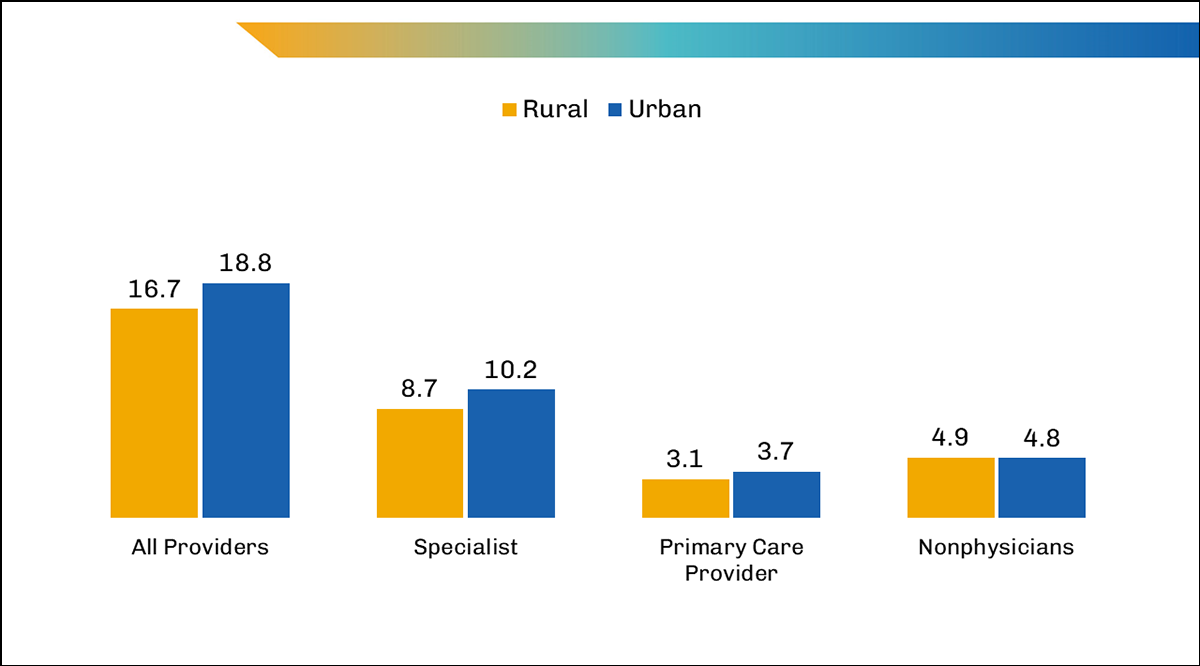Stress management
Stress is a feeling of emotional pressure. It is a type of psychological pain. Small amounts of stress may be beneficial, as it can improve one's performance . However , excessive stress can affect the health and also aggravate a pre-existing condition such as increase the risk of strokes, heart attacks, ulcers, and mental illnesses such as depression . Stress is the natural reaction your body has when changes or challenges occur. It can result in many different physical, emotional and behavioral responses. Everyone experiences stress from time to time .
Types of stress: There are three main kinds of stress: acute, episodic acute and chronic.
Acute stress: Acute stress is short-term stress that comes and goes quickly. It can be positive or negative.
Episodic acute stress: Episodic acute stress is when you experience acute stress on a regular basis. With this kind of stress, you don’t ever get the time you need to return to a calm, relaxed state. Episodic stress frequently affects people working in certain professions, like healthcare providers.
Chronic stress: Chronic stress is long-term stress that goes on for weeks or months. You may experience chronic stress due to marriage troubles, issues at work or financial problems. It’s important to find ways to manage chronic stress because it can lead to health issues.
Symptoms :
Stress affects the body’s autonomic nervous system , which controls the heart rate, breathing, vision changes and more. Its built-in stress response — the “fight-or-flight response” — helps the body face stressful situations. If one has a long-term (chronic) stress, continued activation of the stress response causes wear and tear on the body. One may develop stress symptoms that are physical, psychological or behavioral.
Complications of stress : Chronic stress can lead to many long-term health issues affecting -
1)Immune system (like arthritis, fibromyalgia and psoriasis).
2)Digestive system (like weight gain or loss, ulcers and irritable bowel syndrome).
3)Cardiovascular system (like high blood pressure, increased heart rate and heart palpitations).
4)Reproductive system (like infections, polycystic ovarian syndrome and infertility).
5)Stress can also put one at a higher risk of developing a mental health condition, like depression or anxiety , or one can even develop suicidal thoughts.

Management and Treatment : Stress management starts with feeling good physically. Some form of physical activity , even a short walk can boost the mood. At the end of each day, take a moment to think about what you’ve accomplished — not what you didn’t get done. Set goals for your day, week and month. Narrowing your view can help you feel more in control of the moment and long-term tasks. Consider talking to a therapist or a healthcare provider about your worries


Many daily strategies can help you keep stress at bay: -
Try relaxation activities, like meditation, yoga, tai chi, breathing exercises and muscle relaxation. Programs are available online, in smartphone apps, and at many gyms and at community centers. -Take good care of your body each day.
Eating right, participating in physical activity and getting enough sleep can help your body handle stress much better.
-Stay positive and practice gratitude, acknowledging the good parts of your day or life.
-Accept that you can’t control everything.
-Find ways to let go of worry about situations you can’t change.
-Learn to say “no” to additional responsibilities , when you’re too busy or stressed.
-Stay connected with people who keep you calm, make you happy, provide emotional support and help you with practical things. A friend, family member or neighbor can become a good listener or share responsibilities so stress doesn’t become overwhelming.
How long does stress last?
Stress can be a short-term issue or a long-term problem, depending on what changes in your life. Regularly using stress management techniques can help you avoid most physical, emotional and behavioral symptoms of stress.
You should seek medical attention if: -You feel overwhelmed.
-Your physical health is affected.
- Symptoms of stress aren’t going away with stress relief techniques.
- You’re using recreational drugs or alcohol to cope.
Your primary care provider can help by offering advice, prescribing medicine or referring you to a mental health professional, like a psychologist or psychiatrist.
( Images ctto)





Comments
Post a Comment